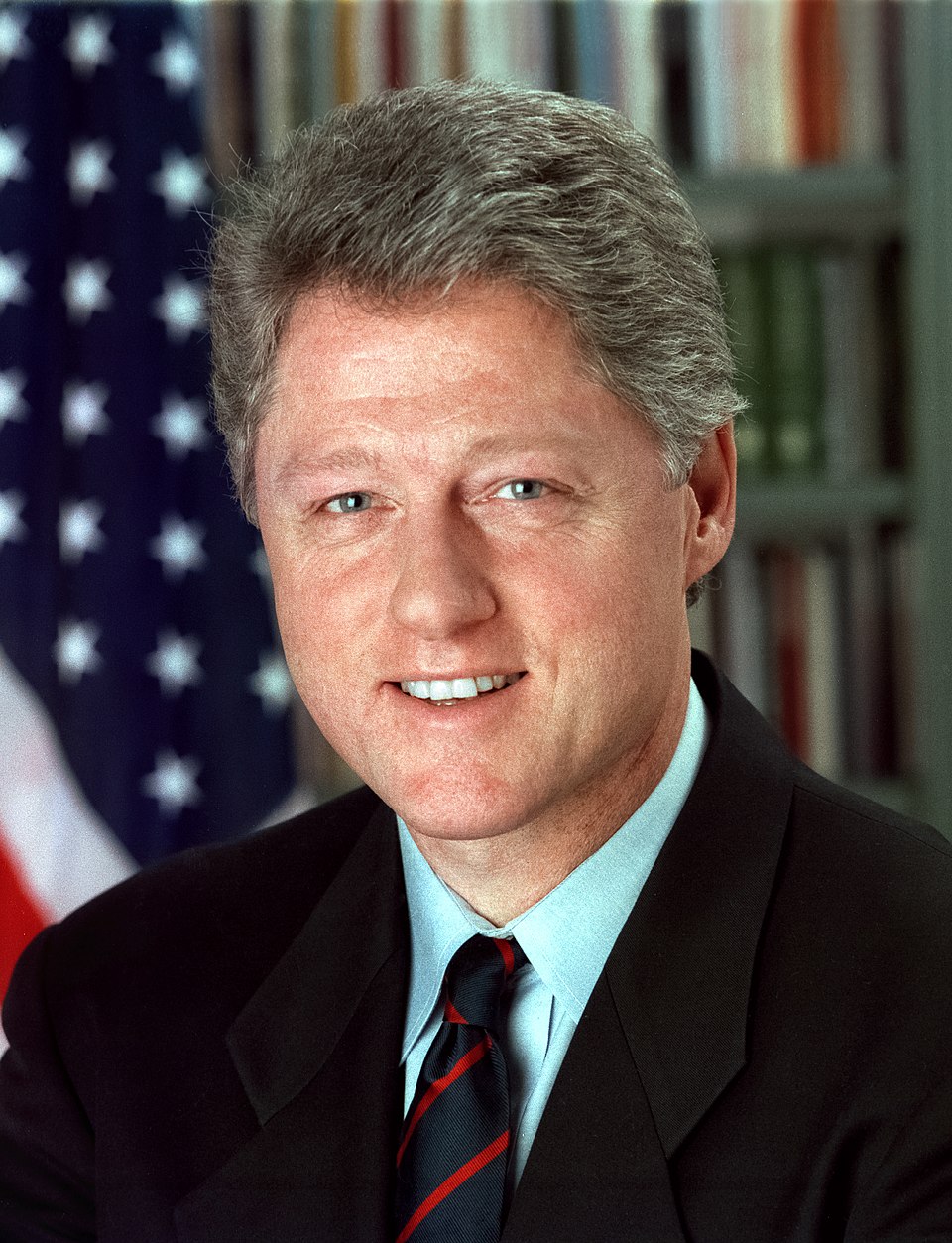
Introduction
Bill Clinton, the 42nd President of the United States, served from 1993 to 2001. His presidency marked a significant era in American history, characterised by economic prosperity, significant social policies, and controversial moments. Understanding Clinton’s impact is essential for grasping the complexities of modern American political dynamics.
Clinton’s Early Life and Political Career
Born William Jefferson Clinton in Hope, Arkansas, in 1946, he showed an early interest in politics and public service. He graduated from Georgetown University, earned a Rhodes Scholarship to Oxford, and completed his law degree at Yale University, where he met his future wife, Hillary Rodham. Clinton’s political journey began in earnest when he was elected Attorney General of Arkansas in 1976 and subsequently served as Governor in the early 1980s. His moderate approach and educational reforms garnered national attention.
The Presidency
Clinton’s election in 1992 is often seen as a pivotal moment; he positioned himself as a ‘new Democrat’ amidst a changing economic landscape. His administration achieved notable successes, including the passage of the North American Free Trade Agreement (NAFTA) in 1994, which aimed to promote trade among the U.S., Canada, and Mexico.
Under his leadership, the U.S. experienced one of its longest economic expansions, leading to significant job creation and a budget surplus for the first time in decades. Socially, Clinton’s administration pushed forward a range of initiatives aimed at healthcare reform, education, and welfare reform, which left a notable impact on American society.
Controversies and Challenges
However, Clinton’s presidency was not without controversies. The Monica Lewinsky scandal and subsequent impeachment by the House of Representatives in 1998 marked a significant downturn in his public perception and raised questions about character and accountability in the Oval Office. Ultimately, Clinton was acquitted by the Senate and finished his second term with a high approval rating.
Post-Presidency Influence
Since leaving office, Clinton has remained an influential figure. He co-founded the Clinton Foundation, focusing on global health, sustainability, and economic development, showcasing his continued commitment to public service. His insights and perspectives on political matters are frequently sought, reflecting his enduring relevance in contemporary politics.
Conclusion
Bill Clinton’s legacy is multifaceted, encompassing economic successes and social progress alongside significant scandals. His impact on the political landscape continues to be studied and debated, making him a critical figure for those looking to understand both historical and current American politics. As political dynamics evolve, Clinton’s experiences provide valuable lessons in leadership, governance, and the complexities of power.
You may also like

Understanding the Current Political Landscape in the UK

The UKIP Party: Recent Developments and Future Outlook
